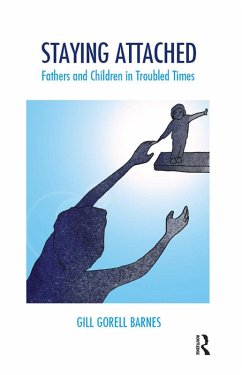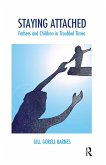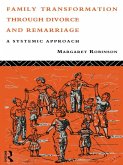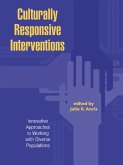This book is about the changing social contexts for fathering in the United Kingdom since the end of the Second World War, and the social moves from patriarchal fatherhood to multiple ways of doing 'dad'. The book questions why fathers have been marginalised by therapists working with children and families. It proposes that theories of psychotherapy, including attachment theory, have failed to take father love for their children, and the reality of changing social fatherhoods, sufficiently into account, consequently affecting related practice. Different contemporary family structures and multiple variations of relationship between fathers and children are considered. Many fathers, brought up within earlier patriarchal frameworks for viewing fatherhood are still trying to exercise these within contexts of rapid change in expectations of men as fathers. They may find themselves in troubled and oppositional relations with partners and oftern children. Examples are given for thinking abour fathers in different relationship transitions, including 'non-live-in' fatherhoods, re-entering children's lives after long absences, fathering following acrimonious divorce, and a range of social fatherhoods.
Dieser Download kann aus rechtlichen Gründen nur mit Rechnungsadresse in A, B, BG, CY, CZ, D, DK, EW, E, FIN, F, GR, HR, H, IRL, I, LT, L, LR, M, NL, PL, P, R, S, SLO, SK ausgeliefert werden.









